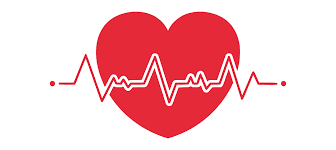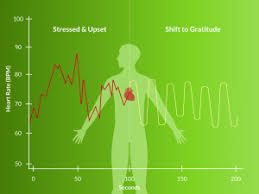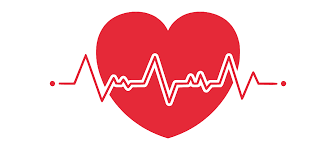How to Increase Your HRV: 15 Science-Backed Strategies to Boost Heart Rate Variability
Understanding HRV and Why Improving It Matters
Heart Rate Variability (HRV) measures the natural variation in time between your heartbeats, controlled by your autonomic nervous system. A higher HRV indicates better stress resilience, faster recovery, and improved overall health. This comprehensive guide reveals 15 proven methods to increase your HRV naturally.
1. Master Diaphragmatic Breathing
Slow, deep breathing at 4-6 breaths per minute can increase HRV by 20-40% during practice. This stimulates your vagus nerve and activates the parasympathetic nervous system. Try the 4-7-8 technique: inhale for 4 seconds, hold for 7, exhale for 8.
2. Prioritize Sleep Quality and Quantity
Aim for 7-9 hours of quality sleep nightly. Research shows improving sleep can boost HRV by 15-30% within 4 weeks. Maintain a cool, dark sleeping environment and consistent sleep schedule for optimal results.
3. Implement Strategic Exercise
Combine 150 minutes of moderate aerobic exercise weekly with 2-3 strength sessions. Overtraining lowers HRV, while balanced training can increase it by 20-35% over 3 months. Include active recovery days.
4. Practice Regular Meditation
Just 10-20 minutes of daily meditation can increase HRV by 15-25% within 8 weeks. Mindfulness meditation particularly enhances parasympathetic activity and heart rate variability.
5. Optimize Hydration
Drink 30-35ml of water per kg of body weight daily. Proper hydration can improve HRV by 8-15% within days. Add electrolytes during intense exercise or hot weather.
6. Cold Exposure Therapy
Cold showers (30-90 seconds at 60°F/15°C) can boost HRV by 10-20%. This stimulates vagus nerve activity and improves autonomic nervous system balance.
7. Increase Omega-3 Intake
Consuming 1-2g of EPA/DHA omega-3s daily can increase HRV by 12-18% in 8 weeks. Focus on fatty fish or high-quality supplements to reduce inflammation.
8. Practice Gratitude Journaling
Writing down 3-5 things you're grateful for daily can increase HRV by 10-15% over 6 weeks by reducing stress and improving emotional regulation.
9. Spend Time in Nature
Forest bathing (2+ hours weekly in green spaces) can increase HRV by 10-15% by lowering cortisol and inflammation. Even urban parks provide benefits.
10. Limit Alcohol Consumption
Reducing alcohol intake can improve HRV by 15-25% within 4 weeks. Alcohol is a nervous system depressant that significantly lowers heart rate variability.
11. Try HRV Biofeedback Training
Using guided biofeedback devices for 10-20 minutes daily can increase HRV by 20-40% over 12 weeks by teaching conscious control of autonomic function.
12. Manage Caffeine Intake
Limit caffeine to 200-300mg daily before 2 pm. Excessive caffeine can lower HRV by 8-12% in sensitive individuals by overstimulating the nervous system.
13. Incorporate Yoga and Tai Chi
These mindful movement practices can increase HRV by 15-30% when performed 3-4 times weekly. They combine physical activity with breath control and meditation.
14. Optimize Your Morning Routine
Starting your day with sunlight exposure, hydration, and movement (instead of checking phones) can improve daily HRV by 10-20% by regulating circadian rhythms.
15. Build Strong Social Connections
Positive social interactions can increase HRV by 8-12% by reducing stress hormones. Loneliness correlates with lower heart rate variability.
Tracking Your HRV Progress
BodyWave makes it easy to monitor your HRV, a key indicator of stress, recovery, and overall wellness. By tracking HRV trends over time, you gain insights into your body's resilience and readiness. Whether optimizing workouts, managing stress, or improving sleep, BodyWave delivers accurate, real-time data to guide your decisions. With personalized feedback and progress tracking, BodyWave helps you take control of your health.
How Long Does It Take to Increase HRV?
Most people see initial improvements within 2-4 weeks, with more significant changes (15-30% increases) occurring after 8-12 weeks of consistent practice.
When to Consult a Healthcare Professional
If your HRV remains low despite lifestyle changes, consult a doctor to rule out underlying conditions like heart disease, sleep apnea, or autonomic dysfunction.
Final Thoughts: Making HRV Improvement Sustainable
Increasing your HRV is a journey, not a destination. By incorporating several of these evidence-based strategies consistently, you can significantly improve your heart rate variability, stress resilience, and overall wellbeing.







BodyWave: Invest in Your Well-being!

